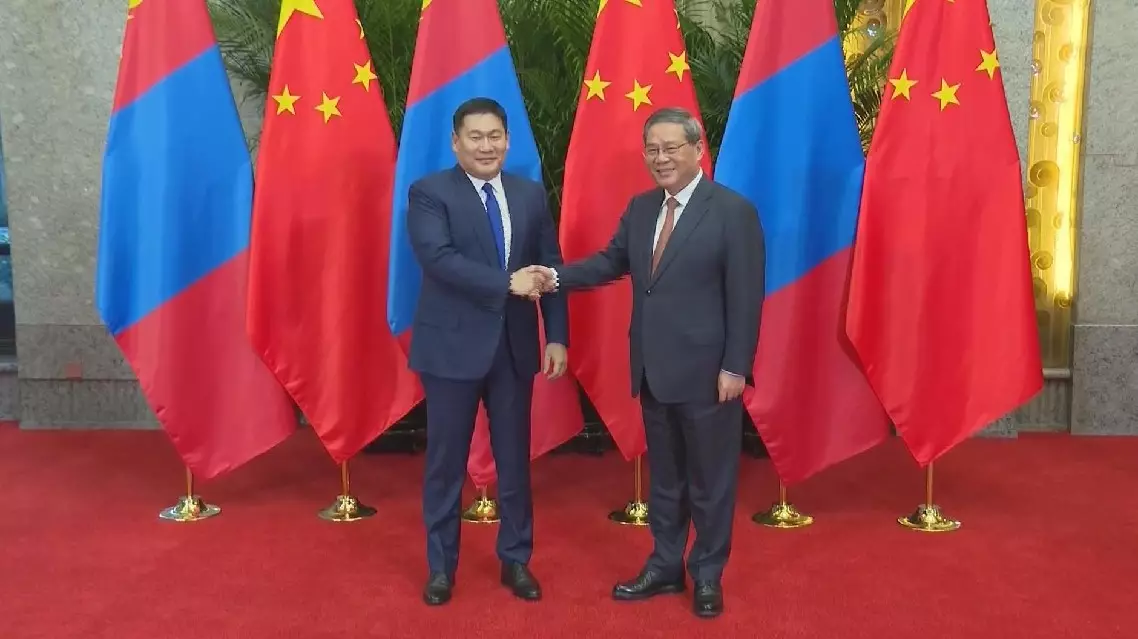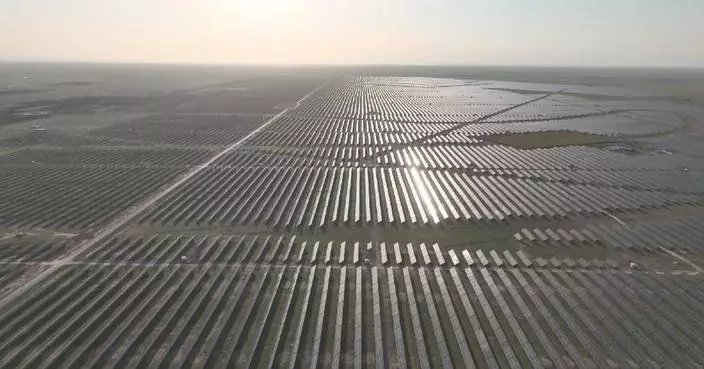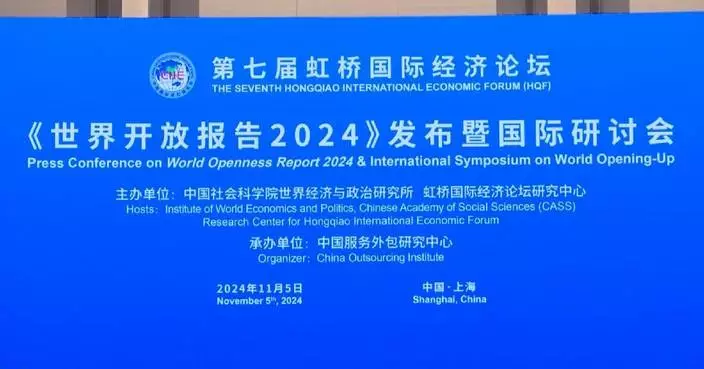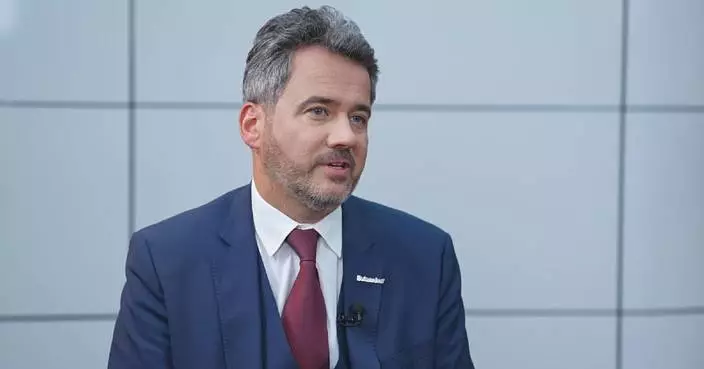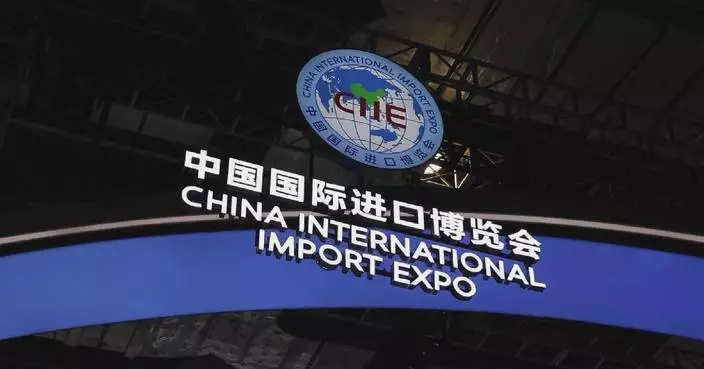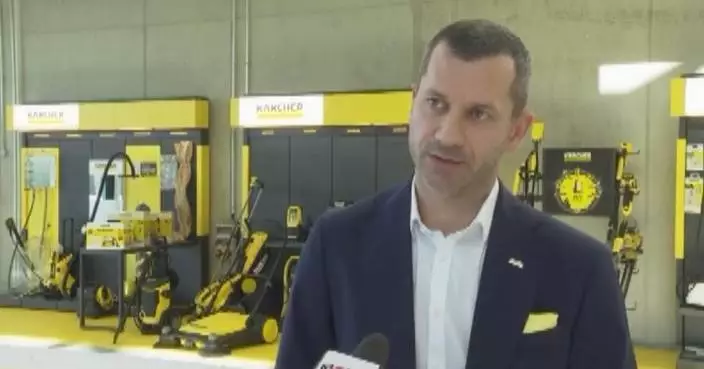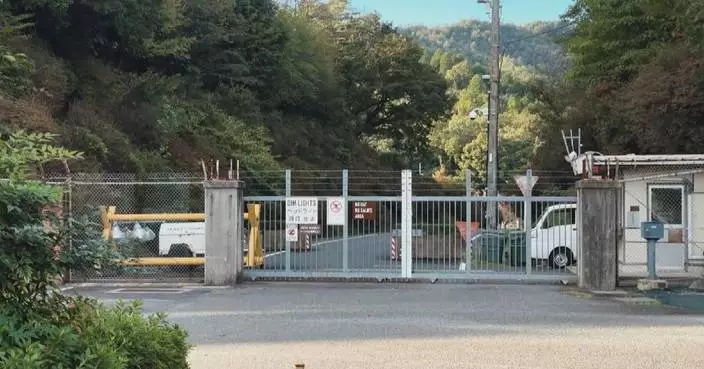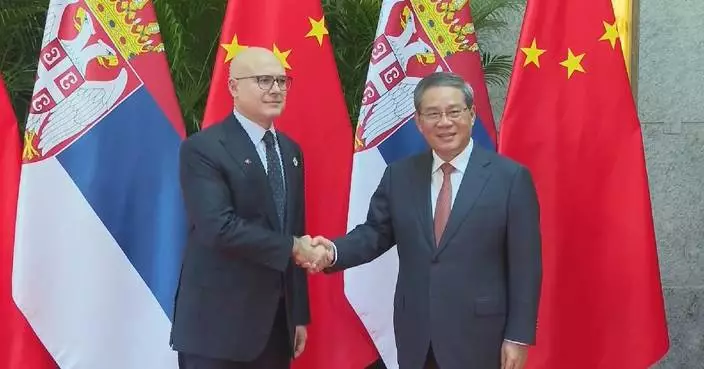A Cameroonian scholar who has spent eight years in China doing field research in remote cities and villages sees China's pairing of more economically developed regions with those less developed as a model that can be adopted in Africa to narrow development gaps.
Joseph Olivier Mendo'o, the deputy director of the International Exchange Department of China-Africa Business Council, shared his insights during an interview with China Global Television Network (CGTN).
Mendo'o said his encounter with China started with the multiple China-related projects he found in Cameroon after he finished his studies in Germany.
Since then, he has developed a deep interest in China's inter-provincial collaboration efforts. Over his eight years in China, Mendo'o has ventured to some of the most remote cities and villages where he learned about a pairing-off cooperation program between the country's east and west.
Through his travel to northwest China's Ningxia Hui Autonomous Region, Mendo'o learned the region's cooperation with the more economically developed Fujian Province in east China provided a good model for Africa to bridge development gaps, particularly between urban and rural areas.
"I had the opportunity to be a village official or to shadow village officials on several times. In total I've been to 50 counties. What actually struck my mind is the, you know, the unity of the Chinese villages and their dedication and their will to alleviate poverty. I saw a twinning system, for example, I've been to Ningxia and while in the village there after a month, I realized that there are several businesspeople from Fujian. And then I realized Ningxia and Fujian are actually twins. That system raised my curiosity because regions or provinces or schools that are really, I wouldn't say rich, but that have big potential, can share with those that are less developed. And that's actually something that I see is important for Africa, as we are seeing the gap between rich and poor. And there's a gap of development between the cities and the countryside," he said.
Talking about the broader cooperation between Africa and China, Mendo'o said it is essential to implement local agendas in a practical way to bring about tangible benefits.
"I see more synchrony because any agenda, any policy that is now set within the framework of the Belt and Road Initiative or either the FOCAC (Forum on China–Africa Cooperation) or even the BRICS, tends to resonate or synchronize further or more with our own local agendas. By synchronizing agendas from China and from African countries or the AU (African Union) we make sure that the cooperation is actually down to earth and very practical. We make sure that the cooperation is really meeting the needs on the ground," he added.
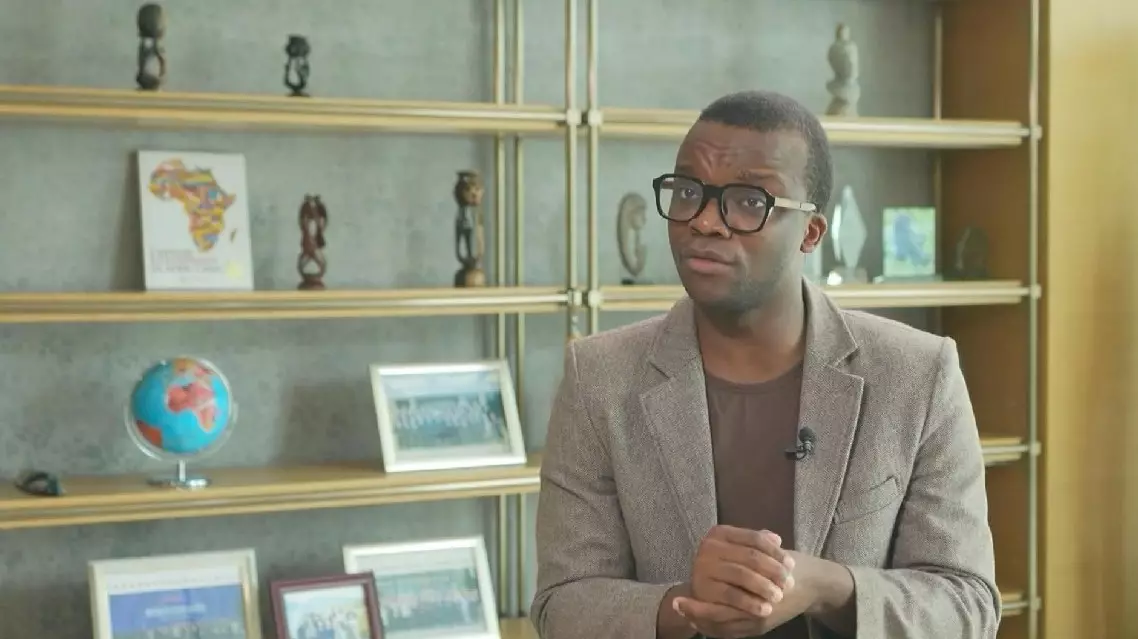
China's provincial exchange model key to bridging Africa's development gap: scholar


